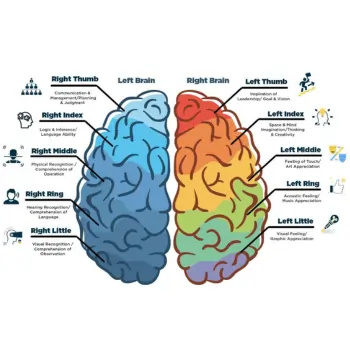The Multiple Intelligence Test is a comprehensive assessment developed by Dr Howard Gardner to delve into the diverse spectrum of human intelligence. Unlike traditional IQ tests, which focus on a single measure of intelligence, this test explores eight distinct types of intelligence:
- Logical-Mathematical Intelligence: Concerned with logical reasoning, problem-solving, and mathematical abilities.
- Linguistic Intelligence: Involves proficiency in language, communication, and linguistic expression.
- Spatial Intelligence: Relates to the ability to perceive and manipulate spatial information, essential for activities like art and navigation.
- Musical Intelligence: Pertains to musical aptitude, appreciation, and understanding of rhythms and melodies.
- Bodily-Kinesthetic Intelligence: Involves physical skills, coordination, and body awareness.
- Interpersonal Intelligence: Focuses on social skills, empathy, and the ability to understand and interact effectively with others.
- Intrapersonal Intelligence: Relates to self-awareness, self-reflection, and emotional intelligence.
- Naturalistic Intelligence: Concerned with sensitivity to the natural world, including recognising and categorising living organisms and natural phenomena.
The Multiple Intelligence Test aims to provide individuals, educators, and professionals with a comprehensive understanding of their strengths and weaknesses across these different intelligences. By recognising and nurturing these various abilities, individuals can better tailor their learning, career choices, and personal development to suit their unique aptitudes.




.webp)
.webp)
.webp)

.webp)
.webp)
.webp)
.webp)
.webp)
